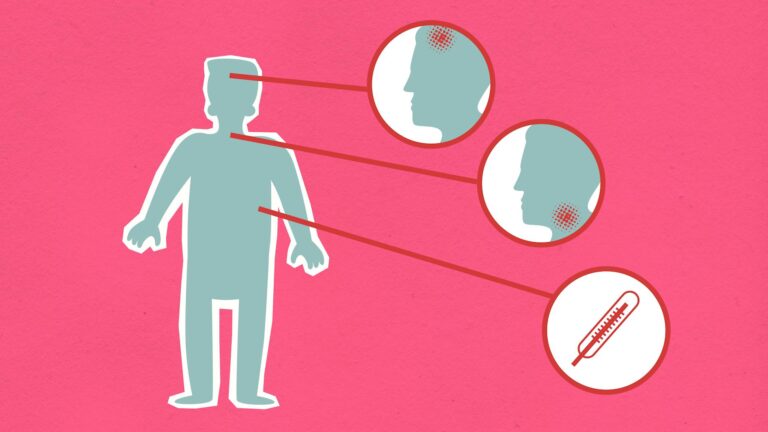When we think about our brain, we often imagine a complex and mysterious organ, responsible for our thoughts, memories, and actions. And while it is true that the brain is a highly intricate and crucial part of our body, it is not immune to health issues. One common concern related to the brain is the appearance of black spots on an MRI scan. In this article, we will delve into what these black spots mean, their possible causes, and what steps can be taken to address them.
Firstly, let us understand what an MRI is and why it is used. MRI stands for Magnetic Resonance Imaging, and it is a diagnostic imaging technique used to capture detailed images of the brain and other parts of the body. It uses a strong magnetic field and radio waves to create these images. The images produced by an MRI are highly detailed, providing doctors with valuable insight into the structures and tissues in our brain.
In some cases, when a brain MRI is performed, black spots may be seen on the images. These spots, also known as lesions or hyperintensities, can be seen in various forms, such as circular, oval, or irregular shapes. The appearance of these spots can indicate several different conditions and should be thoroughly evaluated by a medical professional.
One common cause of black spots on a brain MRI is small vessel disease. This condition occurs when the small blood vessels in the brain become damaged or clogged, leading to reduced blood flow and oxygen supply to certain areas of the brain. As a result, these areas may appear as black spots on an MRI. Small vessel disease can be caused by various factors such as high blood pressure, diabetes, smoking, and aging.
Another possible cause of black spots on a brain MRI is multiple sclerosis (MS). MS is a chronic autoimmune disorder in which the body’s immune system attacks the protective covering of nerve fibers in the brain and spinal cord. This leads to the formation of lesions, which can appear as black spots on an MRI. Other symptoms of MS may include numbness, tingling, muscle weakness, and difficulty with coordination and balance.
In some cases, black spots on a brain MRI can also be an indicator of a brain tumor. A brain tumor is an abnormal growth of cells in the brain, which can be benign (non-cancerous) or malignant (cancerous). These tumors can cause pressure on the surrounding brain tissue, leading to the appearance of black spots on an MRI. Other symptoms of a brain tumor may include headaches, seizures, changes in vision, and difficulty with speech and movement.
Apart from these conditions, other factors such as head injuries, infections, and vascular malformations can also result in the appearance of black spots on a brain MRI. It is crucial to note that the presence of black spots on an MRI does not necessarily mean that a person has a serious health issue. In some cases, these spots may be a normal part of aging or a result of minor injuries.
If black spots are seen on a brain MRI, further testing and evaluation may be necessary to determine the underlying cause. This may include additional imaging tests, blood tests, cognitive assessments, and neurological exams. The treatment for black spots on the brain will depend on the underlying cause. In some cases, lifestyle changes such as managing blood pressure and diabetes may be recommended. For conditions such as MS and brain tumors, a more comprehensive treatment plan may be required.
In conclusion, black spots on a brain MRI can be a cause for concern and should not be ignored. While they can indicate serious conditions such as small vessel disease, MS, or brain tumors, they can also be a result of less severe issues. If you or a loved one have black spots on a brain MRI, it is essential to consult a doctor for proper evaluation and treatment. With advanced medical technology and timely intervention, many of these conditions can be managed, leading to better brain health and overall well-being.





